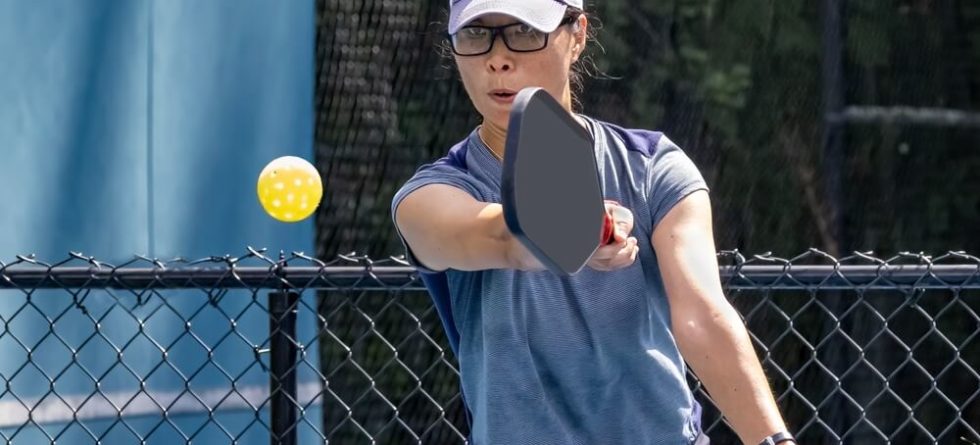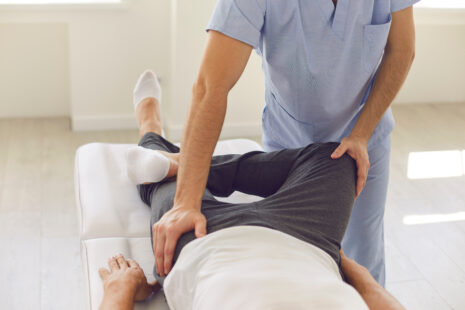Pickleball can be hard on your shoulders, especially if you play frequently or improperly. The repetitive overhead swinging motion during serves smashes and overhead shots can significantly stress the shoulder joints and muscles. Constant hitting and reaching movements during volleys and dinks can also contribute to shoulder strain.
Here are some factors that can make pickleball hard on your shoulders:
- Overhead Shots: Performing overhead shots, such as serves and smashes, requires the shoulder to generate power and stability, which can strain the rotator cuff and surrounding muscles.
- Repetitive Movements: The repetitive nature of pickleball strokes, especially in competitive play, can lead to overuse injuries and shoulder fatigue.
- Improper Technique: Incorrect techniques, such as “arm-heavy” swings instead of using proper body mechanics, can increase the risk of shoulder injuries.
- Lack of Warm-Up: Failing to warm up properly before playing can lead to stiff and tight muscles, making the shoulders more susceptible to injury.
- Weak Shoulder Muscles: Inadequate strength and conditioning of the shoulder muscles can make them more vulnerable to strain during play.
To minimize the impact of pickleball on your shoulders and reduce the risk of injuries, consider the following tips:
- Proper Warm-Up: Warm up your entire body, including your shoulders, with dynamic stretches and light exercises before playing.
- Strength Training: Include shoulder-strengthening exercises in your fitness routine to build stability and support for the joint.
- Technique and Form: Work with a coach or experienced player to improve your pickleball strokes and ensure you use proper technique to avoid unnecessary strain on the shoulders.
- Listen to Your Body: If you feel discomfort or shoulder pain during or after playing, take a break and rest. Ignoring pain can lead to more severe injuries.
- Stretching: After playing, perform gentle stretching exercises for the shoulders to promote flexibility and reduce muscle tension.
- Cross-Training: Engage in other activities or exercises that promote overall shoulder health and provide variety to your fitness routine.
- Avoid Overplaying: Allow proper recovery and rest between pickleball sessions, especially if you play frequently.
Everyone’s body is different, and individual factors such as age, fitness level, and previous injuries can impact how pickleball affects your shoulders. If you have any shoulder issues or concerns, consult a healthcare professional or a physical therapist for personalized advice on preventing shoulder injuries during pickleball and maintaining shoulder health.




